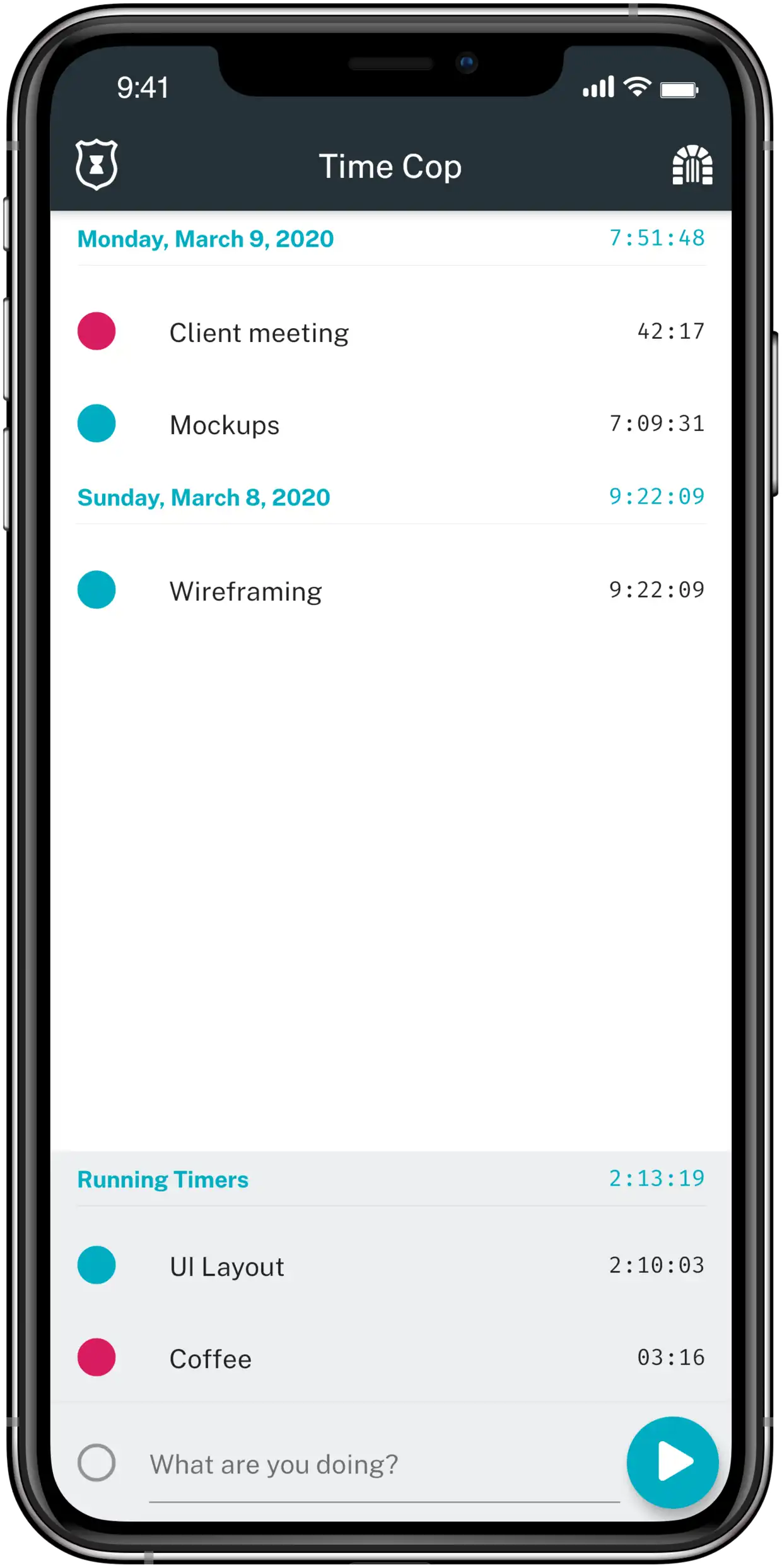132 private links
Block everything. Allow only what matters. A DNS tool for productivity, focus, and child safety. Allowlist-only internet for distraction-free work. - berbyte/sinkzone
This is a maintained technical guide that aims to provide introduction to various online tracking techniques, online id verification techniques and guidance to creating and maintaining (truly) anonymous online identities including social media accounts safely and legally. No pre-requisites besides English reading are required.
GNU's framework for secure p2p networking
After receiving a trove of documents from the whistleblower, I found myself under surveillance and investigation by the U.S. government.
The best free and open-source automated time tracker. Cross-platform, extensible, local/privacy-first.
"The optimal solution to the ongoing GitHubification of Free Software would be the creation of a successfully competitive software development repository specialized to the Free Software community."
In this short essay, written for a symposium in the San Diego Law Review, Professor Daniel Solove examines the nothing to hide argument. When asked about government surveillance and data mining, many people respond by declaring: "I've got nothing to hide." According to the nothing to hide argument, there is no threat to privacy unless the government uncovers unlawful activity, in which case a person has no legitimate justification to claim that it remain private. The nothing to hide argument and its variants are quite prevalent, and thus are worth addressing. In this essay, Solove critiques the nothing to hide argument and exposes its faulty underpinnings.
The COVID-19 pandemic has caused an enormous amount of changes in how people work, play, and communicate. By now, many of us have settled into the routine of using remote communication or videoconferencing tools to keep in touch with our friends and family. In the last few weeks we've also seen a number of lists and guides aiming to get people set up with the "right" tools for communicating in hard times, but in almost every case, these articles recommend that people make a difficult compromise: trading their freedom in order to communicate with the people they care about and work with.
A time tracking app that respects your privacy and gets the job done without getting too fancy.

SpicyPass is a light-weight password manager that utilizes state of the art cryptography and minimalist design principles for secure and simple password storage.
Resilience is an ad blocker without compromises.
Haven is for people who need a way to protect their personal areas and possessions without compromising their privacy. It is an Android application that leverages on-device sensors to provide monitoring and protection of physical areas. Haven turns any Android phone into a motion, sound, vibration and light detector, watching for unexpected guests and unwanted intruders. We designed Haven for investigative journalists, human rights defenders and people at risk of forced disappearance to create a new kind of herd immunity. By combining the array of sensors found in any smartphone, with the world's most secure communications technologies, like Signal and Tor, Haven prevents the worst kind of people from silencing citizens without getting caught in the act.
Email is unsafe and cannot be made safe. The tools we have today to encrypt email are badly flawed. Even if those flaws were fixed, email would remain unsafe. Its problems cannot plausibly be mitigated. Avoid encrypted email.
Technologists hate this argument. Few of them specialize in cryptography or privacy, but all of them are interested in it, and many of them tinker with encrypted email tools.
Most email encryption on the Internet is performative, done as a status signal or show of solidarity.
Clearview AI devised a groundbreaking facial recognition app. You take a picture of a person, upload it and get to see public photos of that person, along with links to where those photos appeared. The system — whose backbone is a database of more than three billion images that Clearview claims to have scraped from Facebook, YouTube, Venmo and millions of other websites — goes far beyond anything ever constructed by the United States government or Silicon Valley giants.
There is a a lot of misinformation being spread about Brave. Many people claim that it is spyware or harmful to your privacy. This is not true and I will debunk every claim I have found.
If you track your users better, now you can deliver tailored ads and your conversion rates are higher. If you restrict users from leaving your walled garden ecosystem, now you get all the juice from whatever attention they have.
The question is: At which point do we reach the breaking point?
